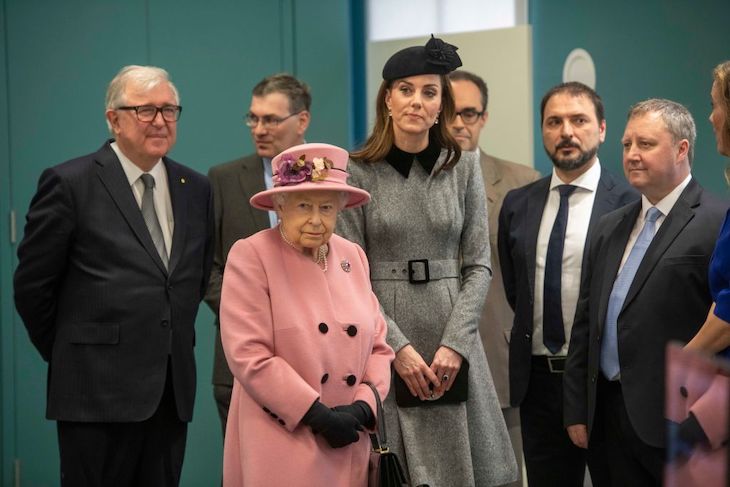‘No Platforming’ and intolerance within the left are too often cited as the only reasons behind the purported demise of free speech on campus, which this week was proven to be untrue.
On Wednesday, King’s College London blocked at least ten students from accessing their campus during a visit from the Queen, and passed on the names of students in the KCL Action Palestine Society and the KCL Justice for Cleaners campaign to the police. This caused some of the students involved to miss their compulsory assessments. This move was done in the name of ‘security’, which has also been cited in attempts to shut down right-wing speakers opposed by left-wing activists.
Universities UK has previously highlighted in the Joint Committee for Human Rights’ report into free speech on campus how the government’s Prevent security strategy had created ‘a grey area in relation to free speech where one did not previously exist’. The report overall re-affirmed its support for Prevent operating within higher education, however, it also called for transparency and for a review into its effectiveness within universities, and its impact on free speech.
KCL’s decision went beyond a precautionary measure, which is how employees of the university initially tried to explain it to students. According to reports, one medical student attempted to go to a university exam six miles away from the Queen’s visit, but was unable to enter the building due to the revocation of his security access.
You don’t have to agree with the causes of the students (support for a Palestinian state and an end to outsourcing cleaning contracts) to appreciate that the university’s behaviour was heavy handed and in violation of the Chicago Principles which say students have the right to free expression, even if their beliefs are viewed as offensive or immoral, that KCL claims to uphold.
Nor do you have to believe that either party are entirely innocent actors — KCL Action Palestine have been involved in violent skirmishes before, which they claimed to have not incited (and none of the current members of the society were at university at this time).
But when students are banned from campus without warning, it means they miss exams and have no ability to defend their right to attend the university at which they study. It borders on McCarthyite how students were not warned of the action taken against them, or given any ability to challenge it once it occurred. The university are still refusing to comment publicly on the event, despite the incident making the national press.
The behaviour of KCL and other universities who limit freedom as a means of preventing accountability or embarrassment do so in a way that is most dangerous to the concept of freedom of speech. According to journalist Eve Livingston, who runs a newsletter tracking battles over freedom of speech ‘This incident proves that the ability to truly censor speech or blunt dissent remains with the most powerful in our society, and that it is often the most marginalised who fall victim to it first. Free speech is primarily about protecting the right of ordinary people to hold power to account – this case shows how invested the powerful remain in trying to stop them doing so.’






Comments